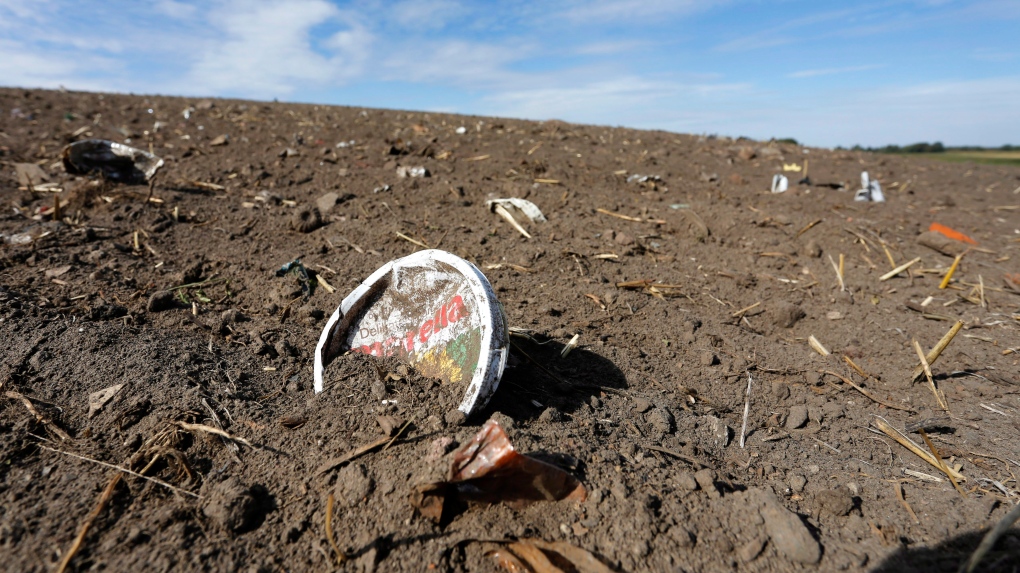In recent years, scientists have discovered increasing amounts plastic particles in deep oceans, Arctic snow, drinking water, and even breast milk.
How’s that possible?
The answer lies in nearly 350 million tons of plastic being produced globally each year, and about 250,000 tons of plastic littering our oceans.
Precipitation cycles carry microplastics through the air, scattering them across the planet and situating them within natural food chains that comprise ecosystems. As a result, these durable particles have ended up just about everywhere, and scientists believe they’re not going away anytime soon.
Beyond deriving from plastic debris that has degraded into smaller pieces, microplastics have also been prominent in health and beauty products, such as certain cleansers and toothpastes. Microbeads, a type of microplastic, are a form of polyethylene plastic that easily passes through water filtration systems eventually posing a risk to aquatic life.
A recent study led by Stanford University researchers determined that blue whales consume up to 10 million pieces of microplastic daily, largely through the prey that they eat.
Environment International reported that traces of microplastics were discovered in 80 per cent of blood samples taken from 22 anonymized, healthy humans.
And researchers with Universita Politecnica della Marche found microplastics in 26 of 34 samples of breast milk, all collected from a randomized group of women.
But what are the dangers of all these microplastics?
Scientists don’t yet know. At least not fully.
With some plastic specks small enough to infiltrate cells and tissues, some studies have suggested a correlation to certain cancers and various health problems, especially with microplastics leading to levels of chemical toxicity.
As Nature reports, the potential dangers of ingesting microplastics depends on how quickly these particles travel through the human body – a factor that researchers are only beginning to study.









































